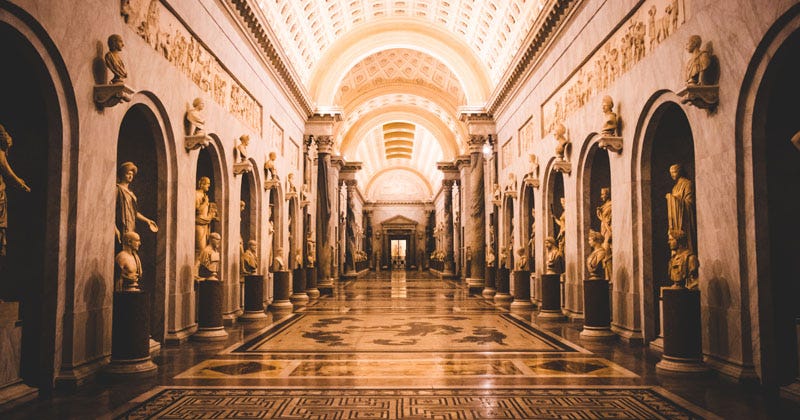The Fulcrum of Courage, Conclusion

In June of 1003, Pope John XVII convened a secret council to address the suicide of Meridiana and her relationship with Pope Sylvester II, Gerbert of Aurillac.
There are no public records of the proceedings.
However, the council answered some very difficult questions, which were mad…
Keep reading with a 7-day free trial
Subscribe to The Fulcrum of Courage to keep reading this post and get 7 days of free access to the full post archives.

